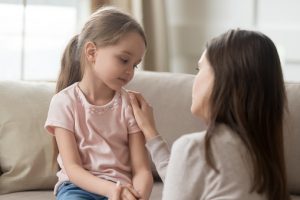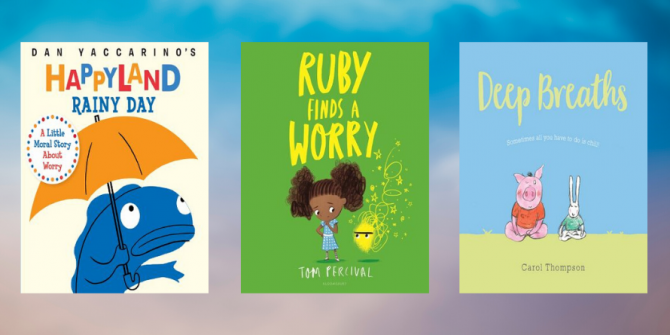
During social isolation, with so many regular routines disrupted, children may be anxious or feel unsafe. There are several resources to help parents navigate talking with their children about the coronavirus, about being stuck at home, and the general social disruption. The Child Mind Institute, a national nonprofit whose focus includes children and families struggling with mental health, has suggestions to help:
- Don’t avoid talking about the coronavirus since most children will already have heard something about it.
- Share developmentally appropriate information and take your cue from your child. What does your child know, what questions do they have, how are they feeling?
- If you're anxious, it's not the right time to talk with your child. What can you do to alleviate your own worries?
- Be reassuring.
- Routine is important.
- Keep talking.
Visit Talking to Kids about the Coronavirus for in depth suggestions as well as their Supporting Families during COVID-19 page with other tips such as how to make home feel safe and how to avoid passing anxiety on to your kids. Information is also available in Spanish.
Here are other resources to help you explain and share information with your child.
- Talking to Children about the Coronavirus: A Parent Resource. From the National Association of School Psychologists; available in multiple languages
- Coronavirus video from BrainPOP. An entertaining, basic explanation of COVID-19 and needed precautions for elementary age children and young teens.
- Comic from NPR. Basic information for youth in a graphic format that can be read in the Blog or downloaded and folded into a zine.
- Coronavirus: What Kids Can Do. Kids Health has information on COVID-19 for children in English and Spanish and available in audio. Other sections of their website have information for parents.
- Coronavirus Social Story. Little Puddins Blog has a nice, English language "Coronavirus Social Story."
See our Comforting Reads list for OverDrive eBook titles that can help parents and caregivers explore feelings of fear and worry with children.

